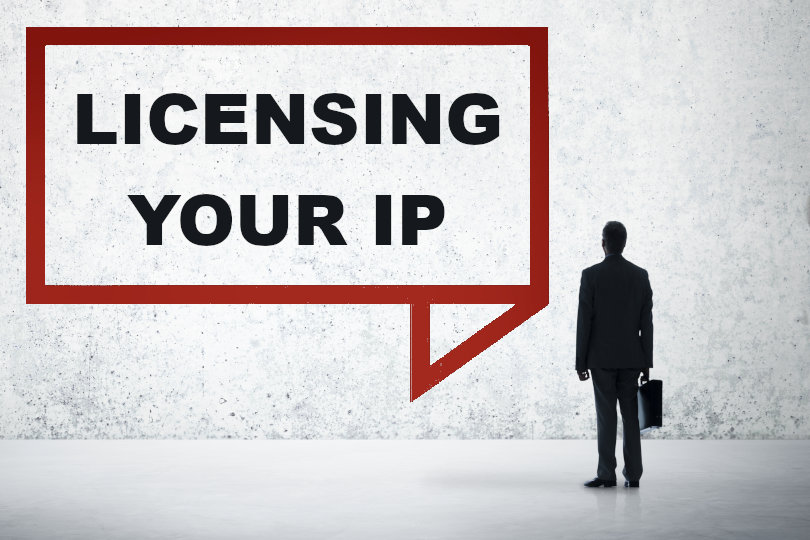A licensing agreement is a contract under which an intellectual property (IP) holder (the licensor) gives a third party (the licensee) permission to use, produce, manufacture, and/or sell or display its intellectual property under the terms and conditions specified in a licensing agreement.
The licensing agreement typically includes details of the type of licence, (sole licence, non-exclusive or exclusive licence); duration of the agreement; the territory for which the rights are given; agreed fees or royalties; the payment schedule; audit process; renewal options; performance criteria, cancellation clauses and any other relevant conditions.
Things to consider:
Is it YOUR idea? Having an idea does NOT make you the legal owner of it. To license your invention to a third party you generally need to OWN the intellectual property. How is this done? In Australia intellectual property is registered, examined and approved by IP Australia. https://www.ipaustralia.gov.au/
Does anyone care?
Despite what some innovators think, potential licensees are NOT likely to be beating a path to your door OR trying to steal your idea. Getting a third party sufficiently interested to look at your idea is difficult, and many companies don’t welcome unsolicited approaches.
Is it REALLY worth millions?
Innovators often have unrealistic expectations of the monetary value of a licensing agreement. The value depends on several factors including the stage of development; the proposal; the quality and uniqueness of the concept; size and potential of the market; likely earnings by the licensee etc.
You can strengthen your case with research, customer surveys, sales, or other data that demonstrates the benefits of your product, advantages to the licensee and the potential revenue.
Realities:
To successfully license your innovation to a third party you need to look at the deal from their perspective and make a compelling case for:
- What’s in it for them?
- How will it increase their revenue, attract more customers, create a new market niche and/or take business from their competitors?
- Why will customers buy it? Have you got research to back this up?
- How does it fit with the prospective licensee’s current product lines, range and activities?
- Can the potential licensee easily and cost effectively tool up for manufacture and distribution?
- What terms and conditions are you prepared to offer or accept?
Negotiation is a two way street. It requires good preparation, communication and compromise, otherwise you could end up with 100% of nothing.
Need help? Contact INNOVIC at (03) 8060 3504 or 0402 305 118.



